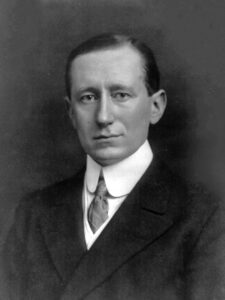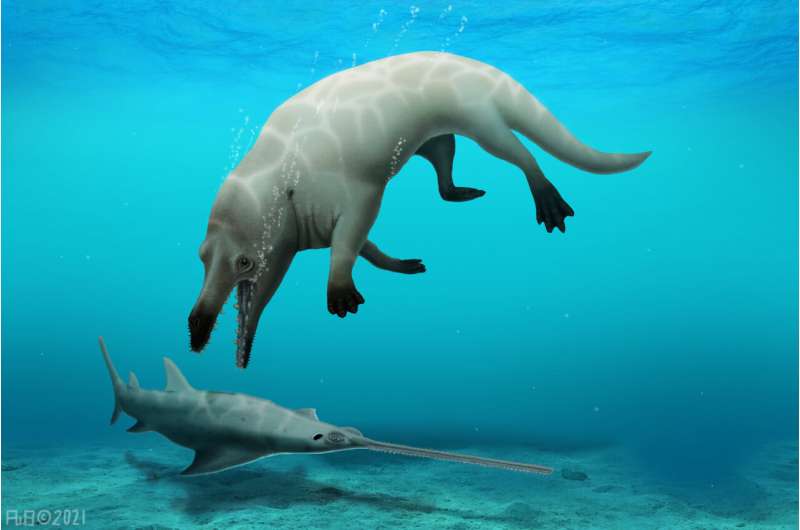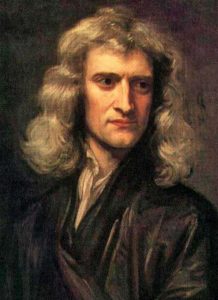
My attention was recently drawn to an article in the Provincetown Independent entitled The Marconi Mythology. This makes the claim that “His ideas were derived from spiritualism, a pseudo-religious movement of the late 19th and early 20th centuries by which people sought to commune with the spirit world.” It also claims that Marconi believed that “sound never disappears from Earth” and that one could potentially construct a device to recover the sound of the angels singing in Bethlehem!
This last claim is the more extrordinary. But I can find no evidence that it is true. Not only can I find nothing to connect Marconi with these ideas, I can find nothing online to suggest that the possiblility of recovering “lost sounds” is even a known belief.
The idea that he might have been interested in spiritualism is at least plausible. A number of well-known figures of the day were receptive to the idea of communicating with the dead including Sir Arthur Conan Doyl, biologist Alfred Russell Wallace, and English physicist and radio pioneer Oliver Lodge. But Marconi does not seem to have been one of them.






